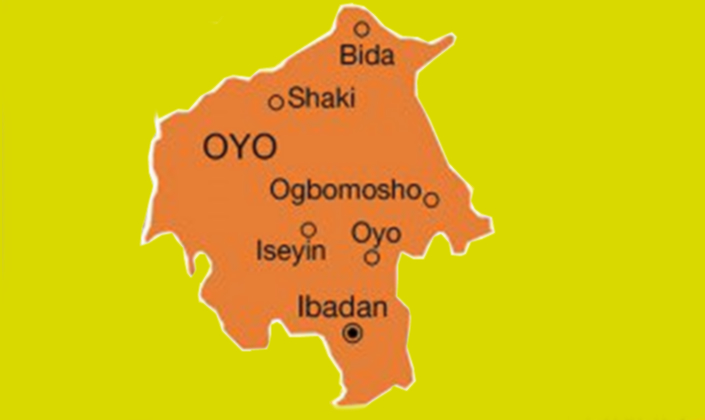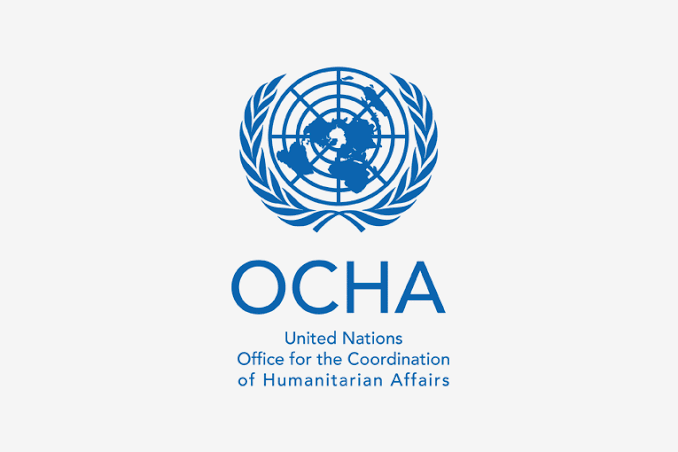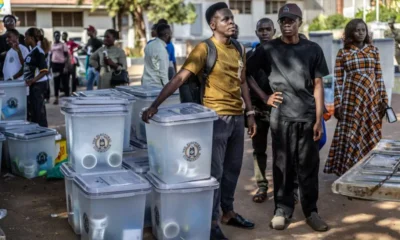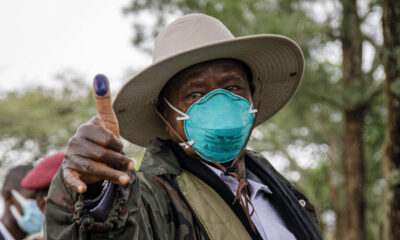News
Nigeria to domesticate Kampala Convention on IDPs, says Deputy Speaker
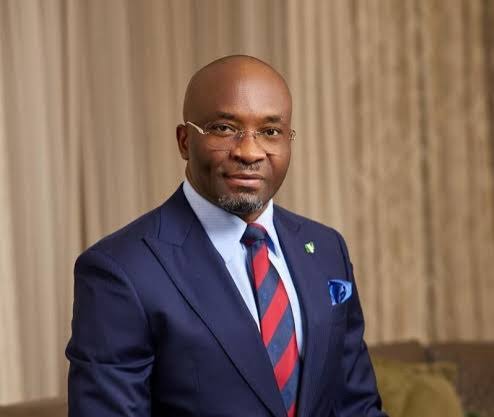
The House of Representatives of Nigeria has sought collaboration with the United Nations High Commissioner for Refugees (UNHCR) to domesticate the Kampala Convention, which addresses issues concerning Internally Displaced Persons (IDPs), as part of efforts to tackle the challenges they face.
During a visit from a United Nations (UN) delegation led by Arjun Jain, the UNHCR Country Representative, Deputy Speaker Benjamin Kalu outlined a five-pronged strategy for collaboration with UNHCR to address the challenges faced by IDPs.
The proposed strategy includes joint humanitarian responses, technical support for the implementation of the Kampala Convention, the development of climate-displacement risk maps, participatory frameworks for IDP policymaking, and support for post-conflict sustainable peace management.
Mr Kalu stated:
“We are not merely asking for support; we are inviting co-creation. We seek collaboration with UNHCR on five fronts: joint humanitarian responses, particularly in nutrition, health, and education for IDPs in high-need areas; technical support for implementing the Kampala Convention, focusing on capacity-building for local authorities; the development of climate-displacement risk maps and predictive response systems to mitigate future crises; the design and implementation of participatory frameworks that include IDP voices in policymaking; and support for the Post-Conflict Sustainable Peace Management Framework, aligning global best practices with local realities.”
The Deputy Speaker stressed that no country can operate in isolation, highlighting Nigeria’s readiness to participate and lead. He noted that the National Assembly is enacting a bill to domesticate the Kampala Convention, which Nigeria ratified in 2012.
“In a world fraught with complex emergencies, no nation can act alone; and no institution, however noble, should remain isolated. Nigeria is prepared not only to participate but to lead—not just through words but through tangible actions, not merely through legislation but through lives positively impacted,” he said.
Mr Kalu emphasised that despite Nigeria’s ratification of the Kampala Convention in 2012, practical implementation has remained elusive. To address this, he sponsored the Kampala Convention (Domestication and Enforcement) Bill, which has passed in the House and is currently before the Senate, having already passed its First Reading.
“Domestication is not merely a legal formality; it is the way we transform principles into actions, moving from intention to tangible impact. A law that exists solely on paper while lives remain in jeopardy is a failure of both governance and compassion,” he asserted.
Reflecting on the plight of IDPs, Mr Kalu remarked that effective responses must stem from a comprehensive understanding of the situation. He referenced his regional needs assessment initiative in the South-East, conducted in partnership with the National Commission, aimed at identifying educational, nutritional, medical, and security challenges faced by IDPs.
“To respond effectively, we must first achieve clarity. The goal was not charity but precision—identifying challenges so that our responses are grounded in data rather than assumptions,” he explained.
He further stated that leadership should focus not only on reacting to disasters but on preparing for sustainable peace. He cited the Peace in South East Project (PISE-P), which he convened, as an example of promoting non-violent solutions through community dialogue, economic empowerment, and strategic reconciliation.
“This is not peace enforced through power but peace fostered through trust. While the initiative began in the South-East, it is structured for national replication. No region should be left behind in the quest for peace,” he noted.
Mr Kalu called for the inclusion of IDPs in recovery efforts, stressing that they should be active participants rather than mere beneficiaries. He added:
“As we say in Nigeria, ‘He who wears the shoe knows where it pinches.’ It is essential to develop participatory frameworks that allow IDPs to shape policies, contribute to planning, and engage in decisions affecting their lives. Their involvement is not a privilege but a fundamental right.”
Earlier, UNHCR Country Representative Arjun Jain expressed appreciation for the Deputy Speaker’s efforts and emphasised the importance of continued collaboration. He noted that approximately 3% of the world’s forcibly displaced population are Nigerians, with around 400,000 Nigerian refugees residing in neighbouring countries due to the insurgency in the northeast and other conflicts.
Mr Jain praised Nigeria’s commitment to international humanitarian principles and acknowledged the country’s leadership in protecting and supporting displaced persons.
“We greatly appreciate your leadership, which resonates not only within Nigeria and West Africa but also at our headquarters in Geneva. We are here to express our gratitude for your dedication to protecting and assisting refugees and to discuss how we can further support these efforts,” he said.
-

 News4 hours ago
News4 hours agoOpposition Reps raise alarm over alleged non-implementation of 2025 budget
-

 Business4 hours ago
Business4 hours agoCurrency outside Banks rises 10.2% as money supply expands
-

 World News4 hours ago
World News4 hours agoNigeria’s exports to Africa hits N4.82trn
-

 National News4 hours ago
National News4 hours agoClean Energy key to survival, healthy living — Remi Tinubu
-
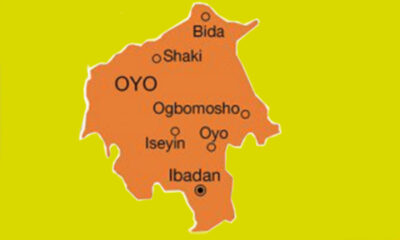
 Metro4 hours ago
Metro4 hours agoPolice Inspector killed as officers rescue kidnap victim in Oyo
-

 News34 minutes ago
News34 minutes agoBREAKING: Soludo orders closure of Onitsha Main Market over sit-at-home defiance


